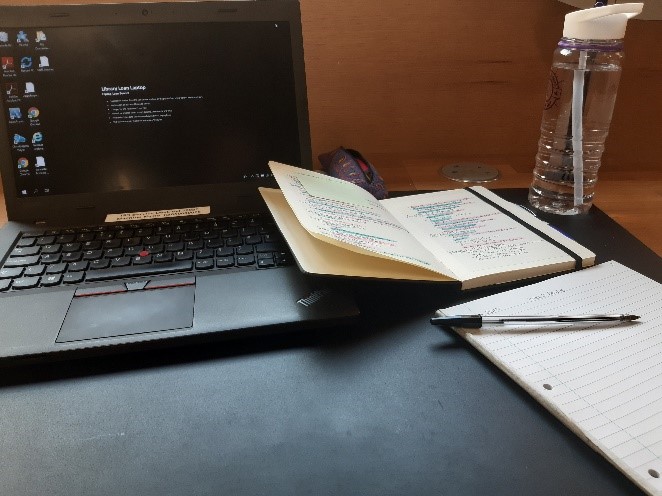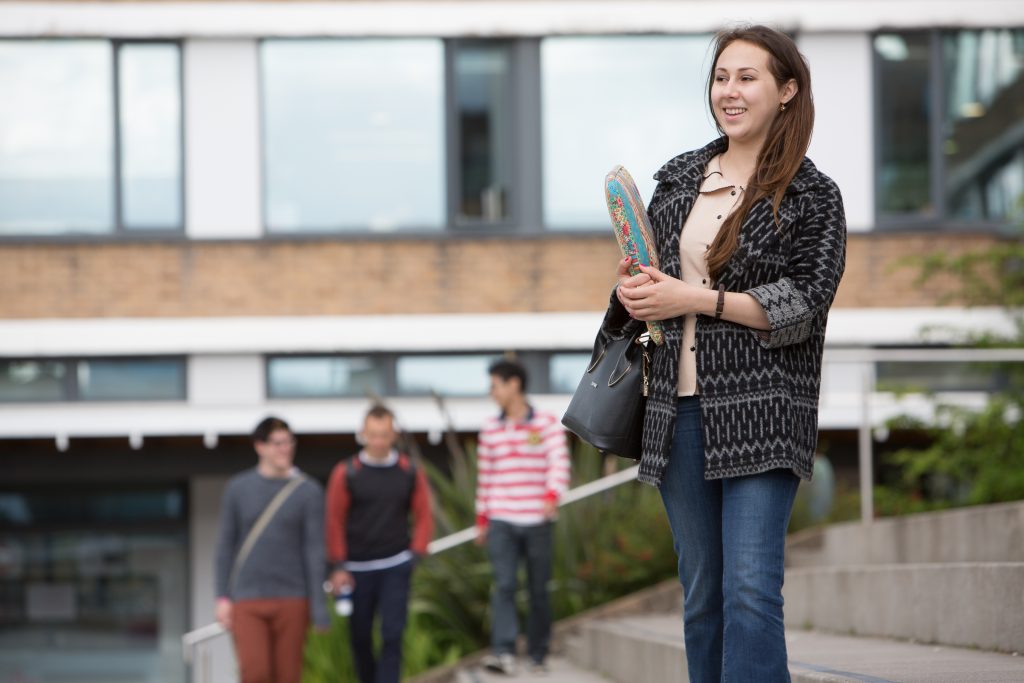By Sean (Student blogger: MSci Hons Computer Science)
The words “university” and “smooth-sailing” rarely occur in the same sentence, and it is not just a stereotype. It would be very unlikely, if not nearly impossible, to find a person who can tell you that their higher education flew by without difficulty, especially at a top 10 institute like Lancaster University. Obviously, I am no exception. Despite undergoing two years of a famously rigorous and prestigious pre-university education, the International Baccalaureate Diploma Programme, I still find myself struggling to meet deadlines, failing to understand my notes or walking out of lectures confused. Welcome to your first taste of The University ExperienceTM (albeit one people are less likely to bring up at the dinner table). At the very least, however, I can say there is one thing I have accomplished: I have gained momentum.
Many say motivation is the core of the university student, but I would argue that it is in fact having momentum. While both are essential, I think the latter provides much more of a driving force than the former. Imagine a straight, hilly road with ups and downs, akin to a wavy surface. Now imagine having to cycle from one end to the other. You might see an initially difficult, sweaty trudge uphill but a fast and breezy descent after, carrying you up the next wave, only to be pulled forward by another downhill slope.
If the road is the academic university journey, the ups and downs are the challenges (coursework deadlines) and the bicycle represents progress. Similar to the analogy, it will be hard to get the ball rolling, especially with the first lectures being on the easier side and so many freshers’ events, nights out and society meetings to tempt you. You’ll end up forgetting to do lecture notes, neglecting difficult topics and leaving coursework deadlines till 6am in the morning the day it’s due. You’ll look at your interactive transcript and your eyes will hover over that 43% quiz score, regretting not studying for the one test you know you could’ve easily aced. Once you’ve traversed the initial mountain, however, the story takes a dramatic turn.
It took me a whole term and a half to get it. Catching up was a lot harder because of all the extra weight on my back, but I lumbered on. And while lumbering on, I hit a point where I realised I was becoming increasingly interested in the course material. Getting myself to start on a day of lecture notes became a little easier, and coursework began to be finished earlier. It was puzzling at first, but now I see why: it was my momentum. Harder to achieve than it could have been, but the end results show.
So, from my experience, here are my words of wisdom: Stay focused in class. Start your coursework a little earlier. Love Island can wait an hour. Do your lecture notes after your lectures, preferably on the same week you had them. The allure of staying comfortable at the bottom of the first hill will tempt you, but once you get that momentum going, the breeze will show you that there is no better feeling.

 The qualities attributed to this havoc, however, would be more of students panicking about an upcoming exam, other students rushing to hand in a paper that’s due in an hour while a whole different set of students nonchalantly walk around whilst raving about not having a clue what is even going on.
The qualities attributed to this havoc, however, would be more of students panicking about an upcoming exam, other students rushing to hand in a paper that’s due in an hour while a whole different set of students nonchalantly walk around whilst raving about not having a clue what is even going on.






